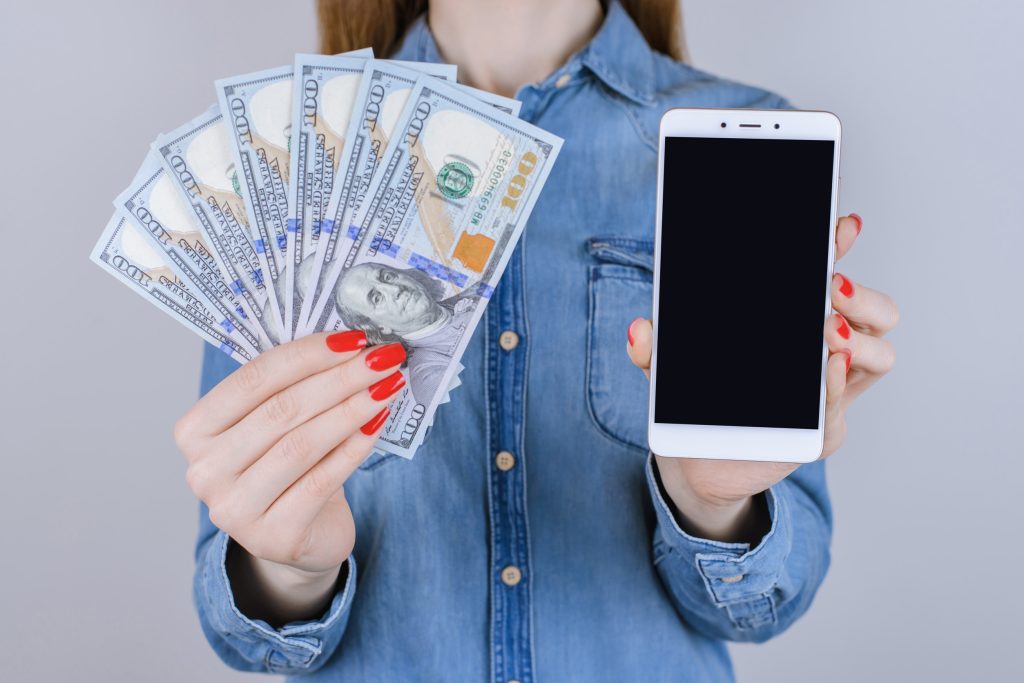
Peer-to-peer (P2P) money apps like Zelle, Venmo, and Cash App have revolutionized the way we exchange money. Splitting a dinner bill or paying a friend back for concert tickets is now as easy as tapping a few buttons on your phone. But this convenience comes with significant risks. These platforms are designed for transactions between people who know and trust each other. When used for other purposes, they can become a minefield of scams that can drain your bank account in an instant.
To protect your hard-earned money, here are seven things you should never, ever send money for using peer-to-peer money apps.
1. Payments to People You Don’t Know
This is the golden rule of P2P payments. These apps function like digital cash—once you send the money, it’s gone. They do not offer the same fraud protection as credit cards. Scammers know this and will often ask you to use these apps for this exact reason. If you are transacting with a stranger for any reason, you should use a more secure payment method or walk away from the deal entirely.
2. Money for “Guaranteed” Prizes or Lottery Winnings
You receive a message saying you’ve won a prize, a lottery, or a government grant, but you just need to send a small fee to cover “processing” or “taxes.” This is a classic advance-fee scam. Legitimate lotteries and sweepstakes will never ask you to pay a fee to collect your winnings. Any request to send money to receive money is a fraudulent trap.
3. Deposits for Rental Properties or Puppies You Haven’t Seen
Scammers love to exploit people’s emotions and urgency when it comes to finding a new apartment or buying a pet. They will create fake online listings with attractive pictures and prices, then pressure you to send a deposit via Zelle or Venmo to “secure” it before someone else does. Never send a deposit for something you haven’t seen in person and verified as legitimate.
4. Transactions for Items Sold on Online Marketplaces
You found a great deal on a sofa or a gaming console on Facebook Marketplace or Craigslist. The seller asks you to pay them through a P2P app before you pick up the item. Don’t do it. Once you send the money, the “seller” can disappear, block you, and you’ll have no item and no way to get your money back. For these transactions, cash upon pickup is the only safe method.
5. Payments to Settle a Supposed Debt with the IRS or Police
This is a terrifying and effective impersonation scam. A criminal will call you pretending to be from the IRS, the Social Security Administration, or even local law enforcement. They will claim you owe back taxes or have a warrant out for your arrest and that you must pay them immediately via a P2P app to avoid dire consequences. Government agencies will never demand immediate payment over the phone, especially not through a money-transfer app.
6. Funds for “Risk-Free” Investment Opportunities
Scammers often target people on social media with promises of huge returns on investments in cryptocurrency or forex trading. They will show fake testimonials and guarantee profits with no risk. Their scheme requires you to send them money through a payment app to get started. These are always scams designed to steal your money, not invest it.
7. Sensitive Personal Information in the Memo Line
The memo or “what’s it for?” line in these apps can be public depending on your privacy settings. Never put any sensitive information in this field, such as your address, phone number, an invoice number, or any other personal data. Keep your descriptions vague and generic. Sharing too much information, even in what seems like a harmless note, can expose you to identity theft or other scams.
Treat Digital Cash with Real-World Caution
Peer-to-peer money apps are powerful tools when used as intended: for quick and easy payments between friends, family, and people you trust. But treating them like a credit card or a formal bank transfer is a recipe for financial disaster. By understanding their limitations and recognizing the red flags of common scams, you can enjoy the convenience without becoming a victim.
What’s one rule you always follow to stay safe when using apps like Venmo, Zelle, or Cash App?
Read more:
5 Red Flags When Using Ride-Sharing Apps That Could Save Your Life
Your Grandmother Can’t Budget Her Money: Here’s How to Help
The post 7 Things You Should Never Send on Peer‑to‑Peer Money Apps appeared first on Budget and the Bees.




.png?w=600)


